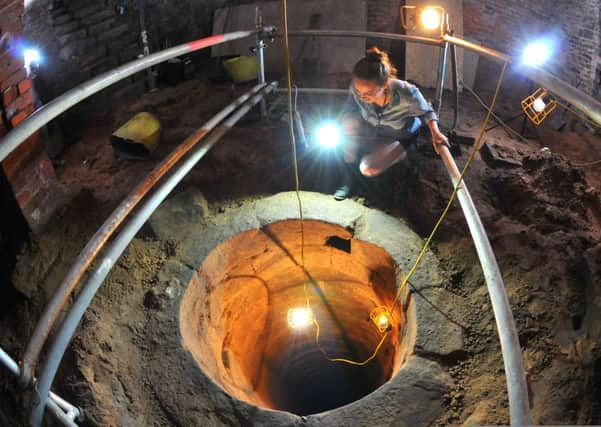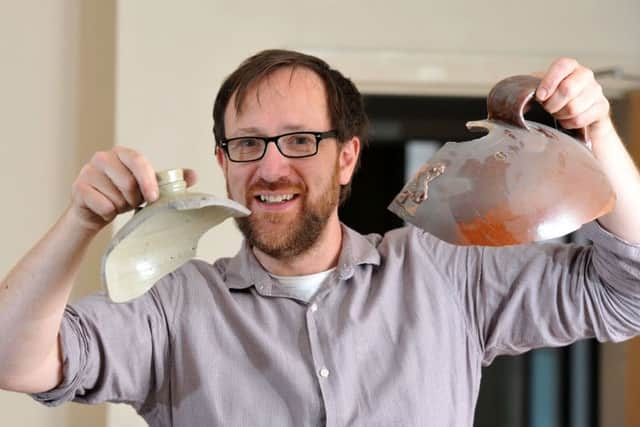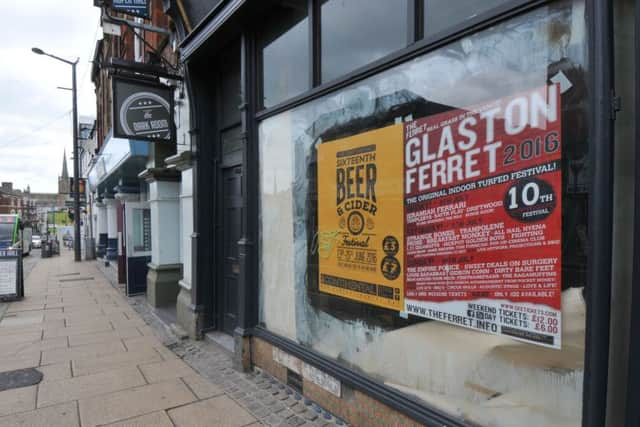Historical finds in gin bar project


Pieces of history have been discovered during the ongoing work to turn the former Plough Inn in Friargate, Preston, into a fashionable gin and beer house.
The pub is hoped to reopen as Plau later this year, with historical finds being made throughout its transformation.
Advertisement
Hide AdAdvertisement
Hide AdNew owner Jeremy Rowlands said the bar should be open in October or November this year.


He said: “I think Friargate is one of the original roads in Preston, so obviously the site and the roads have got a lot of history.
“Obviously we have dug down and when we were cleaning the cellar room and realigning the floor, we discovered this well underneath it. We believe it is medieval or dates back to at least the 1600s, but it could be older than that.
“We had Lancashire County Council archeology department come down.”
Advertisement
Hide AdAdvertisement
Hide Ad“It’s a very unusual building because it’s all made of big stone blocks all the way down.”


Jeremy said he would try to keep as many original features as possible and said: “We will preserve as much as we can.
“The idea of the well is to light it up and put a glass walkway over it.It’s a major project - there’s a lot of work still to go on it.”
Earlier this year another piece of history turned up during the ongoing work.
Advertisement
Hide AdAdvertisement
Hide AdWorkmen unearthed part of an old sign - also thought to be Victorian - reading “Wine and Spirit Stores”.


Bosses at the bar have since posted a picture of the sign on social media, back in place at the historic venue.
The Plough Inn, built around 1796 and renamed the Hotel National in 1882, closed down in 1923.
But parts of the original alehouse still exist - particularly the cellar - and will be incorporated into the new bar. Earliest records show the Plough Inn existed in the late 18th century.
Advertisement
Hide AdAdvertisement
Hide AdIt earned a colourful reputation with an article in a newspaper dated 1840 describing it as “a house well-known to the police as a disreputable one.”


Plans for the “micro-bar” were first confirmed in 2014 and renovation work has been ongoing since then.
In 1868 landlord Thomas Crane was fined £50 for having an illicit whisky still in the premises.
After it eventually closed as a pub, the property was used for retail, with well-known watchmaker George Klieve running his business there in the 1960s.